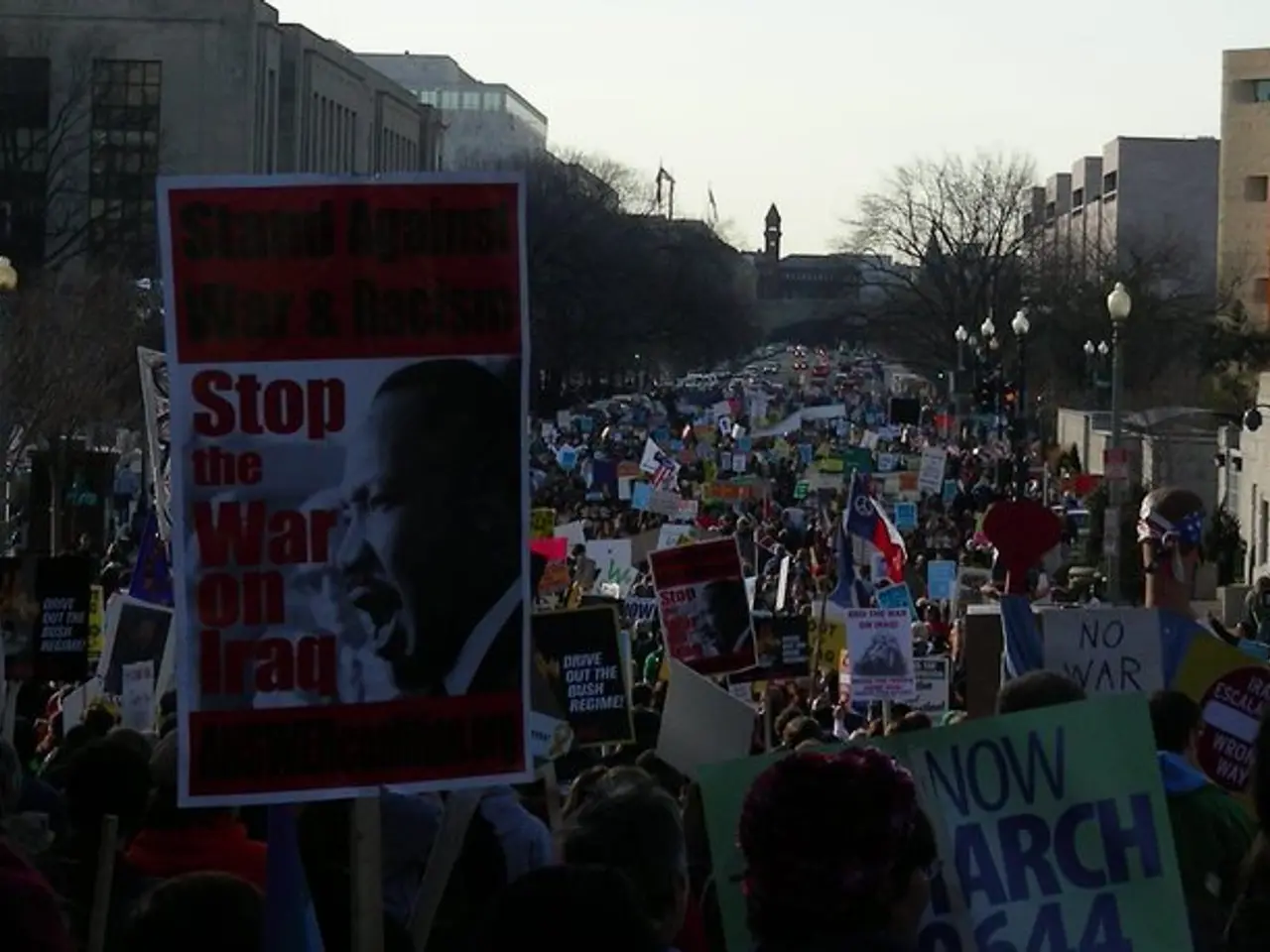Nepal's Gen Z Leads Massive Protests Against Social Media Ban
Nepal's internet freedom has been shaken by a government-imposed ban on popular social media platforms, sparking massive protests across the country. The move, aimed at combating fake news and cybercrime, has been met with fierce resistance from the tech-savvy Gen Z generation, who took to the streets of Kathmandu on Monday, September 8, 2025.
The protests, primarily organized by students and young people, began peacefully at Maitighar Mandala and marched towards the Parliament. Despite the absence of clear leaders, the demonstrations were fueled by broader concerns about corruption and the government's decision to block 24 platforms, including Facebook and X. The 'Gen Z protest' drew large numbers, with participants chanting slogans against the ban and demanding stronger action against corruption.
The government's decision to restrict access to these platforms has not been without controversy. Officials argue it is necessary to combat fake accounts and disinformation, but local experts warn it could hurt businesses and tourism, with about 90% of Nepal's 30 million citizens relying on the internet. The ban, initially targeting 26 platforms, including Facebook, Instagram, and WhatsApp, was imposed after foreign tech firms failed to register locally.
In response to the protests, Nepal Telecom and Ncell confirmed they had begun blocking access to the restricted platforms. The situation escalated as police used rubber bullets, water cannons, and live rounds to disperse protesters, imposing a curfew in parts of Kathmandu. At least 14 people were killed and dozens injured in the clashes. Rights groups have condemned both the social media ban and the police response to the protests.
The government's social media ban has sparked one of the largest protests in Nepal's history, with the Gen Z generation leading the charge. As the situation continues to unfold, international attention is drawn to Nepal, where the right to internet freedom is being hotly debated. The impact of the ban on businesses, tourism, and the general public remains to be seen, as does the government's response to the growing pressure from protesters.
Read also:
- Germany Launches HoLa Project for Megawatt Charging on A2 Motorway
- Wallenius Wilhelmsen Leads Maritime Industry's Push to Net Zero Emissions by 2027
- Transforming Digital Inventories in the Food Industry: A Comprehensive Guide for Food Businesses
- Canada's Transportation Revolution: Hyperloop & Electric Air Taxis by 2026







